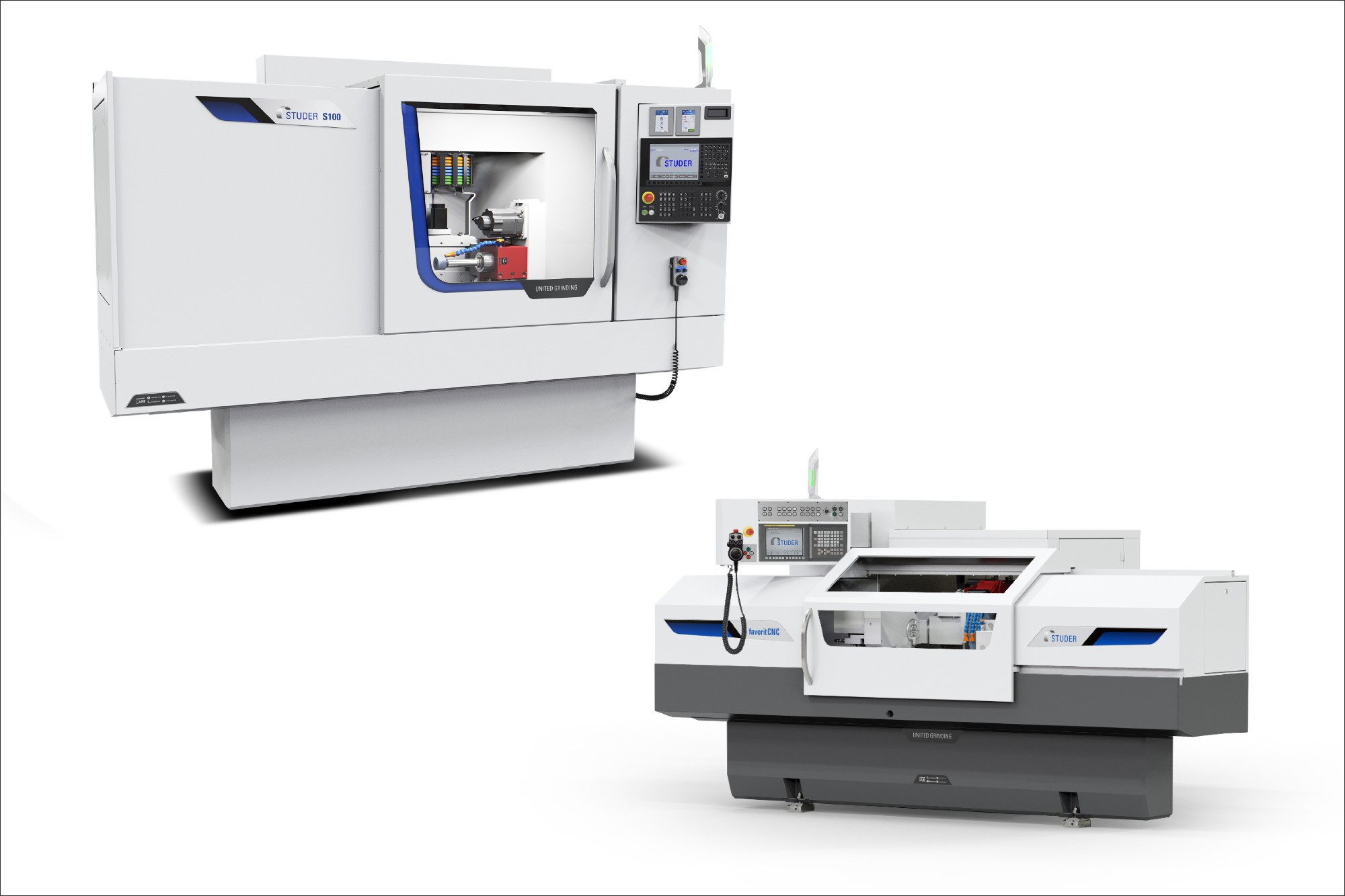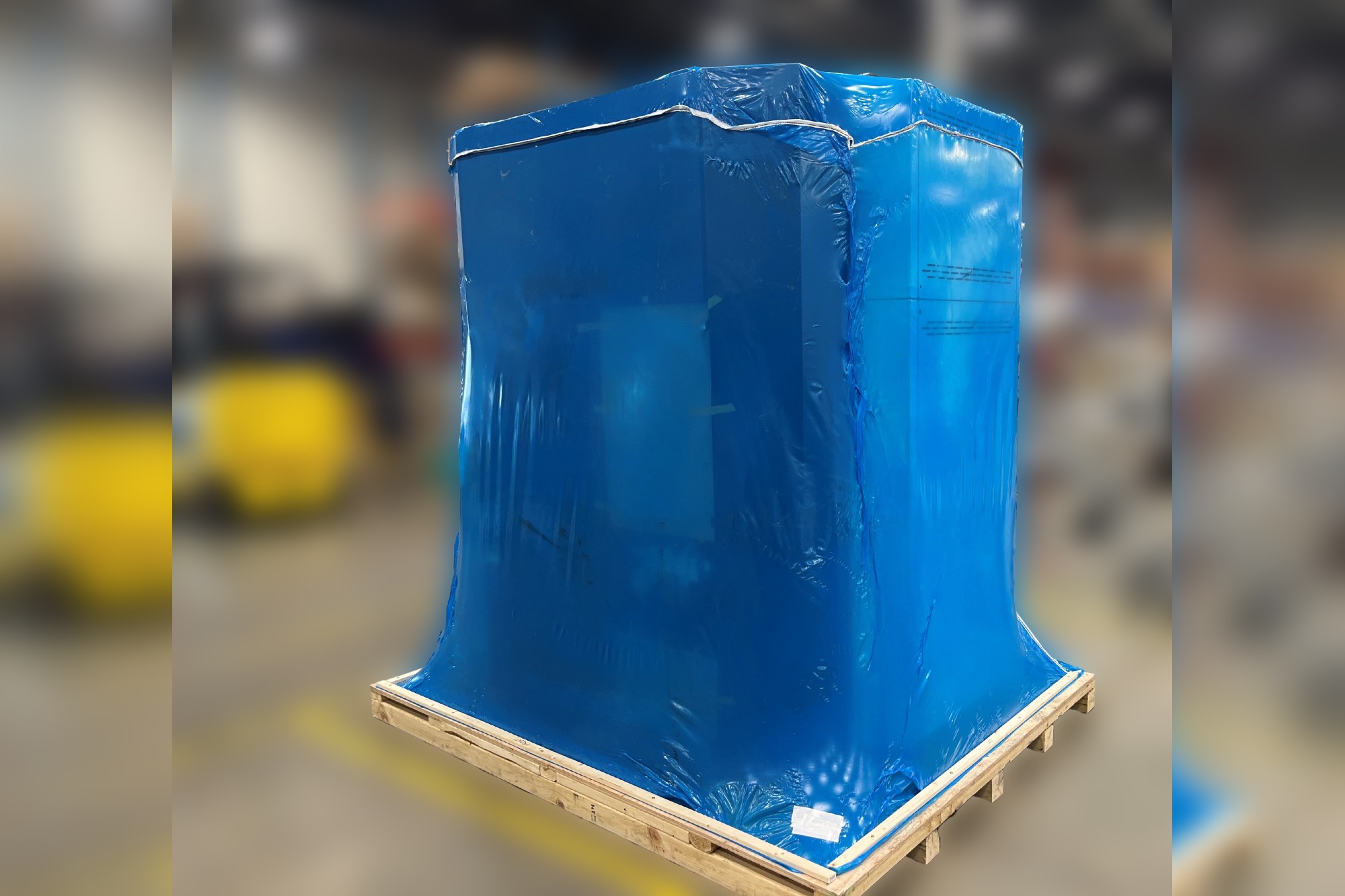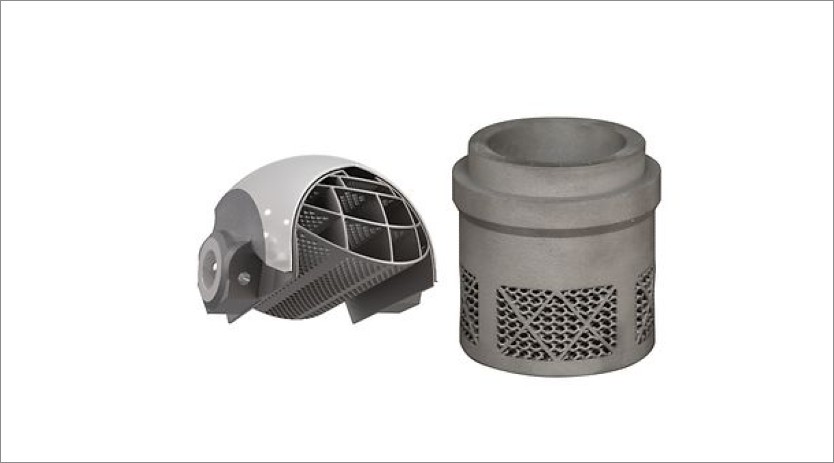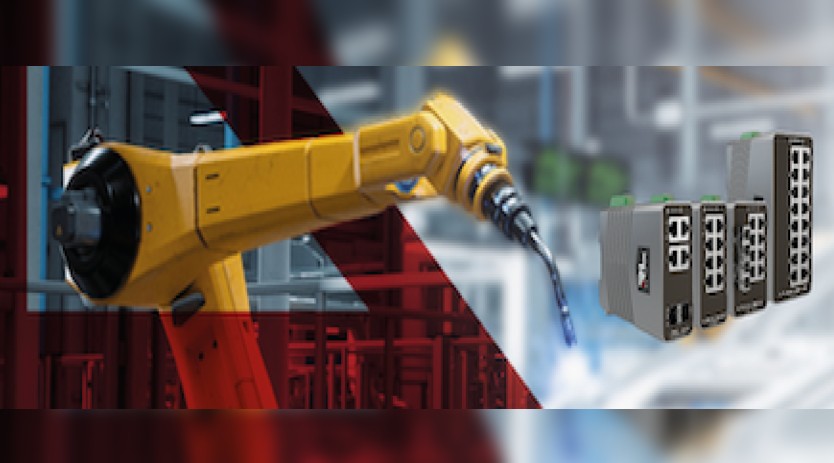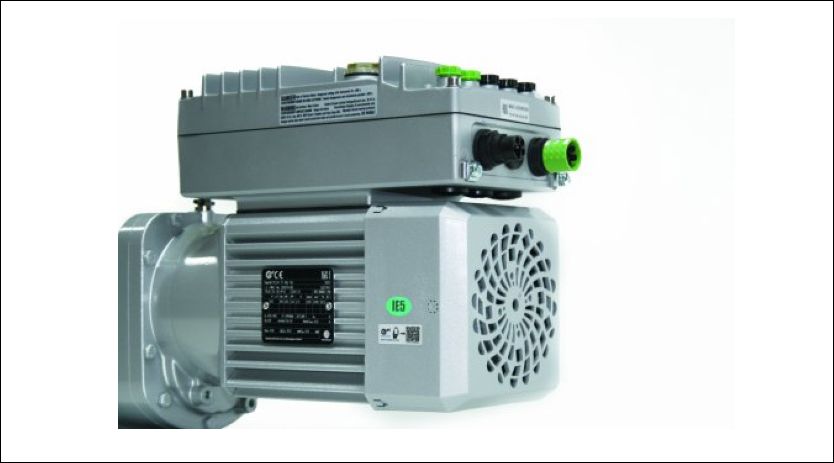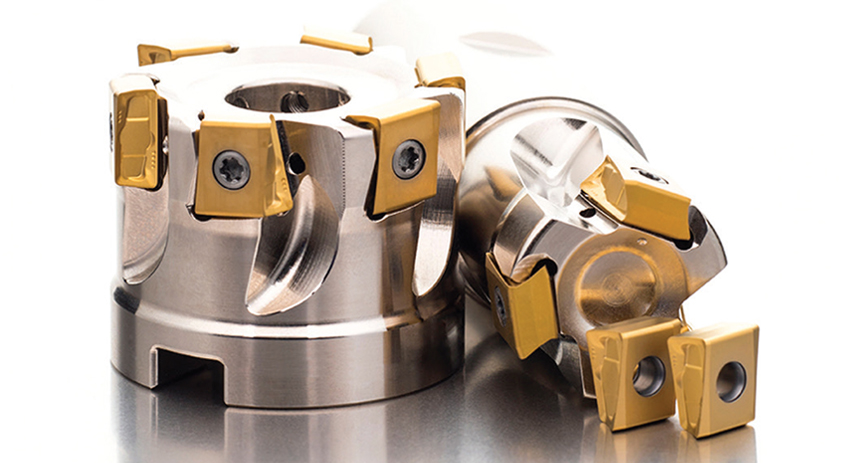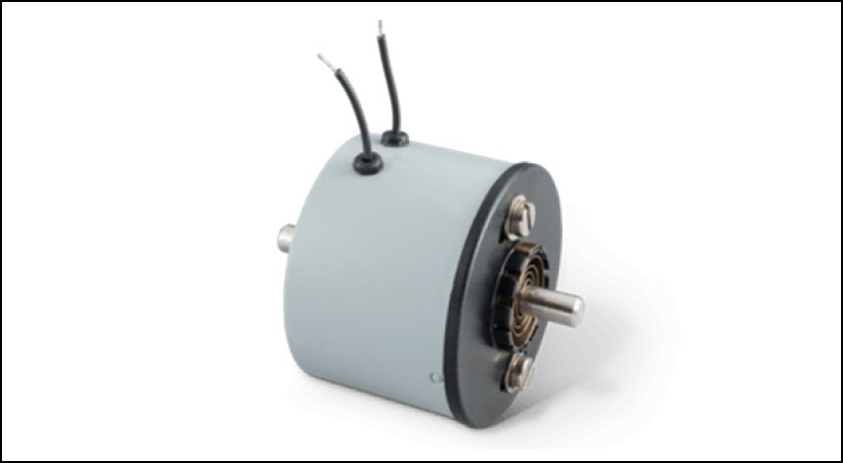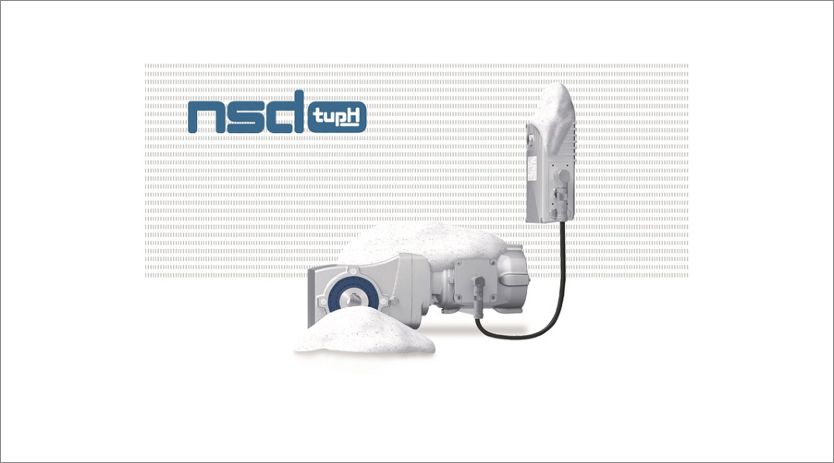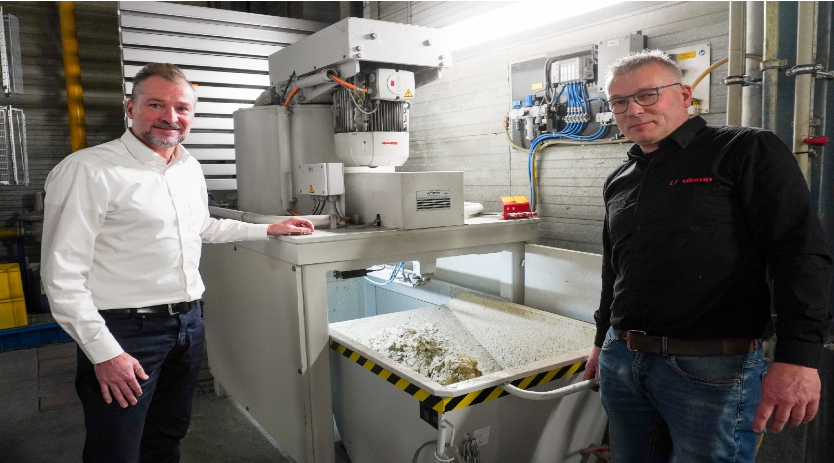FUEL EFFICIENT LUBRICANT
By admin March 11, 2011 12:35 pm IST
Collaboration between research teams at Shell and Gordon Murray Design (GMD) has led to the development of an innovative concept engine lubricant capable of achieving a 6.5% improvement in fuel efficiency – a step change compared to the improvements of around 2.5% achieved in typical fuel economy lubricant development programmes.
An Unprecedented Challenge
The European Automotive Manufacturers’ Association (ACEA) estimates that new EU carbon dioxide (CO2) legislation, with its staggered implementation from 2012, will add an average of Euro 1,500 to the cost of each car. Today, new cars for use in the EU produce, on average, 150 g/km of CO2 per vehicle. By 2012, with exceptions and exemptions, manufacturers whose cars exceed a target of 130 g/km will be fined on excess-gramsper- kilogramme basis for every car sold.
To balance the higher emission levels from larger cars, smaller cars will need to be well inside the target.
• By 2012, a single “neutral” weight vehicle that is 100 g/km over the target will be fined Euro 9,500.
• By 2020, the target looks set to be even lower at 95 g/km; similar legislation may also be implemented in other parts of the world.
Does this mean reduced original equipment manufacturer (OEM) margins and increased prices for customers, or can dramatic fuel economy improvements be achieved?
Like ACEA, Shell acknowledges that breakthrough technologies will be needed if these ambitious CO2 emission targets are to be met. These will include both internal-combustion engine technologies, such as start‑stop systems, and longer-term breakthrough technologies, for example, completely new power train designs. And the tightening legislation makes investing now in relatively small potential fuel economy improvements attractive. By 2012, even a 1% fuel economy CO2 reduction across the European fleet will save the equivalent of Euro 2.25 billion in avoided fines.
Long-term technology partnerships between OEMs and lubricant companies can help to deliver significant lubricant‑related fuel economy improvements. To demonstrate the potential benefits, Shell teamed up with Gordon Murray Design (GMD) and took a fresh look at lubricant technology.
A Car for the future
GMD has responded to the twin challenges of CO2 emissions and congestion with its T.25 city car, a revolutionary vehicle that rewrites the design rule book.
In Formula One, Prof Gordon Murray’s technical expertise helped Brabham to win two world championships and McLaren to secure three consecutive titles. He then went on to head the team behind the famous McLaren F1 Road Car, a racing version of which won the Le Mans 24-hour race.
Prof Murray and his team have used this design experience from the cutting edge of motorsport to create the T.25 city car. In the process, they have challenged conventional thinking and taken a radical new look at familiar problems.
Shell has done the same with its lubricants and worked with GMD to test a concept oil that breaks the specification mould and shakes off the constraints accrued over time by modern oil specifications.
Co-Engineering: The Lubricant of the future
Selecting the best current Shell lubricant for an existing engine design can help to considerably improve fuel economy. To reach the next level of fuel economy benefits, Shell design a lubricant specifically for a manufacturer’s engine and optimise the formulation for piston temperature and other engine parameters. But, engine lubricants need to provide an even greater fuel economy benefit if the new targets are to be met.
To squeeze more fuel economy from cars through engine oils, Shell thinks that oil and engine technologies need to be developed together. This approach will require longterm technology partnerships and rewriting of the oil specifications rule book.
Breaking The Specification Mould
Are established industry lubricant specifications suffocating innovation?
Punitive vehicle-related CO2 emissions legislation could be the incentive that encourages Shell to reassess lubricant specifications. The number of assessed parameters and the severity of performance limits increases as the specifications evolve; it is very rare for outmoded aspects to be removed completely. This evolution reduces formulation freedom and effectively excludes more innovative formulations, thus making only compromised performance possible.
For example, low-viscosity lubricants, which may be otherwise acceptable in a suitably designed engine, are excluded by current volatility specifications, and the level of dispersant used is limited by seal tests, which many see as being poor or outmoded.
Cookie Consent
We use cookies to personalize your experience. By continuing to visit this website you agree to our Terms & Conditions, Privacy Policy and Cookie Policy.




